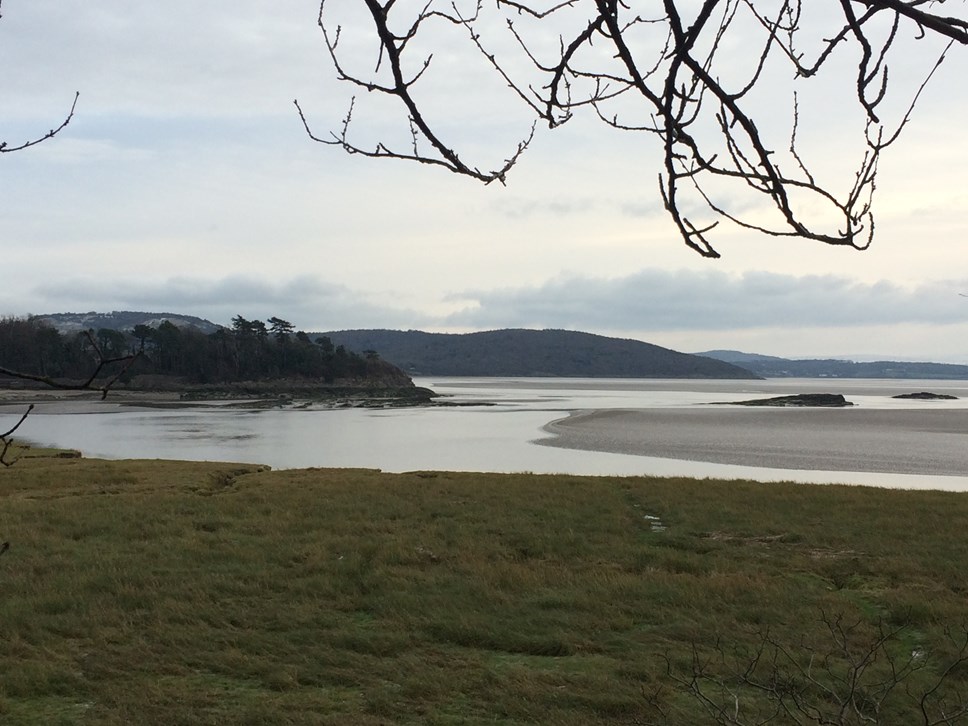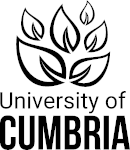
Morecambe Bay species reintroduction work gets underway
Work which could see the reintroduction of species around Morecambe Bay has begun with a former University of Cumbria student among those playing a leading role in the project.
The university, Natural England, the Forestry Commission and Cumbria Wildlife Trust made a successful bid for development funding to the Heritage Lottery Fund (HLF) to kick start the South Cumbria species restoration programme.
Thanks to National Lottery players, four species restoration officers have been appointed; Claire Cornish joins after working for the Cumbria Wildlife Trust, Helen Rawlinson also has worked for the Cumbria Wildlife Trust and Natural England, Deborah Brady is a former teacher who will be working part time on this project while finishing a PhD on squirrel ecology and David Greaves who has worked for the Eden Rivers Trust.
A presentation on the aims and ambition of the scheme at the launch of the University of Cumbria’s new Centre for National Parks and Protected Areas (CNPPA) September inspired university alumni David to apply for the role which is already canvassing the opinions of a variety of interest groups.
“I heard an inspiring presentation about a project which was going to restore species to the south Cumbria area and then a few weeks later saw an advert to work on the project and jumped at the chance,” David said. Studying at Newton Rigg brought him into contact with some of the academics with whom he now works alongside at the Ambleside campus of the University of Cumbria. “There is declining biodiversity across the region and there are key species that it might be possible to restore.”
The natter jack toad, dormouse, oyster plant and freshwater pearl mussel are among species on David’s ‘long list’ which is being drawn up in consultation with experts from across the region. The aim then is to identify a dozen species which could be reintroduced over the next five years.
“The University of Cumbria is well known internationally for outdoor learning and conservation work which this project will bring together,” project manager Jamie Hodge said. “This initial work will be used to begin a debate among the communities around south Cumbria and north Lancashire to decide how best species can be brought back into the area in a way that will see them flourish for future generations.”
Pictured: Morecambe Bay pictured from Grange over Sands.
Notes to editors
About the Heritage Lottery Fund
Heritage Grant applications are assessed in two rounds. A first-round pass is given when HLF has endorsed outline proposals and earmarked funding. A first-round pass may also include an immediate award to fund the development of the project. Detailed proposals are then considered by HLF at second-round and as long as plans have progressed satisfactorily and according to the original proposal, an award for the project is confirmed.
